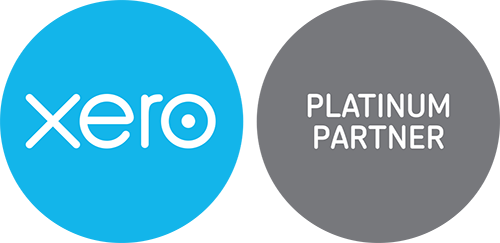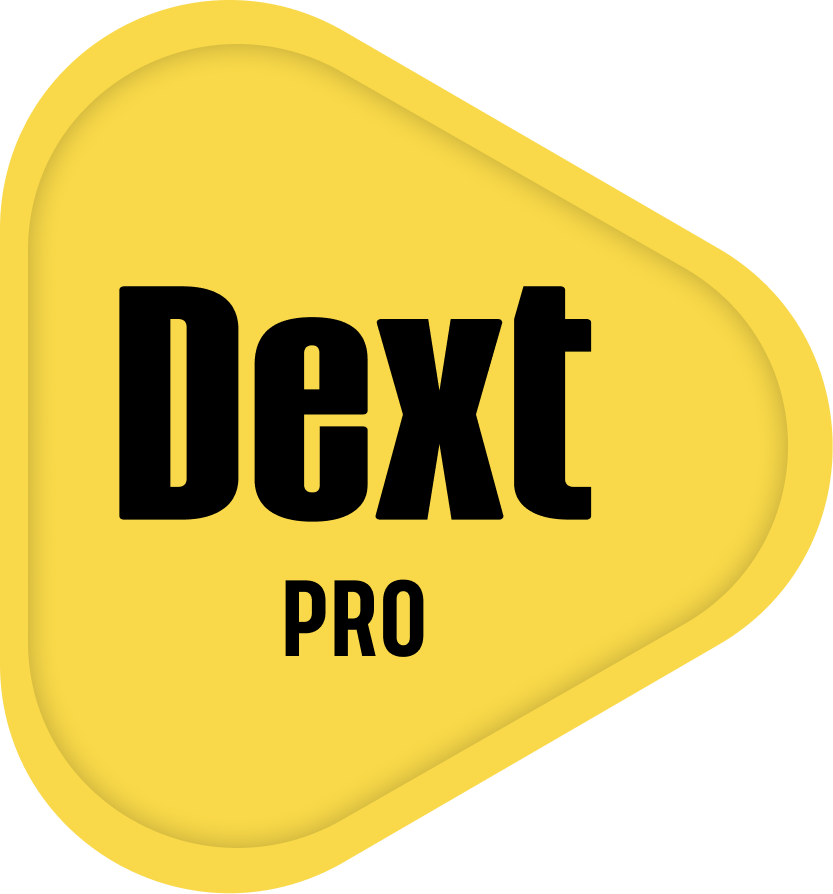
Fair Tax Mark Statement for Think Whole Limited
(t/a The Numbercrunchers)
This statement of Fair Tax compliance was compiled in partnership with the Fair Tax Foundation (“FTF”) and certifies that Think Whole Limited (“the Company”) meets the standards and requirements of the FTF’s UK Small Business Standard for the Fair Tax Mark certification.
Tax policy
The Company is committed to paying all the taxes that we owe in accordance with the spirit of all tax laws that apply to our operations. We believe that paying our taxes in this way is the clearest indication we can give of being responsible participants in society. We will fulfil our commitment to paying the appropriate taxes that we owe by seeking to pay the right amount of tax, in the right place, and at the right time. We aim to do this by ensuring that we report our tax affairs in ways that reflect the economic reality of the transactions that we undertake during the course of our trade.
We will not seek to use those options made available in tax law, or the allowances and reliefs that it provides, in ways that are contrary to the spirit of the law. Nor will we undertake specific transactions with the sole or main aim of securing tax advantages that would otherwise not be available to us based on the reality of the trade that we undertake. The company will never undertake transactions that would require notification to HM Revenue & Customs under the Disclosure of Tax Avoidance Schemes Regulations or participate in any arrangement to which it might be reasonably anticipated that the UK’s General Anti-Abuse Rule might apply.
We believe tax havens undermine the UK’s tax system. As a result, whilst we may trade with customers and suppliers genuinely located in places considered to be tax havens, we will not make use of those places to secure a tax advantage, and nor will we take advantage of the secrecy that many such jurisdictions provide for transactions recorded within them.
Our accounts will be prepared in compliance with this policy and will seek to provide all the information that users, including HM Revenue & Customs, might need to properly appraise our tax position.
This tax policy applies to us and also the advice that we give to our clients. We will never offer artificial or aggressive tax planning services to our clients in order for them to gain a tax advantage that isn’t within the spirit of the law, or to disguise the economic reality of a transaction.
Company Information
The Company is a private company limited by shares, originally established in 2014, and we are a practice of accountants that offer tailor-made cloud accounting and business support services. The registered office address of the Company is: Crunch Central, 14 London Road, Cirencester, GL7 1AE – which is also the address where we trade from.
In terms of the company’s ownership and control: Howard Smith has 80%; and Gaynor Hutton has 20% — both are also directors of the Company. With regards to the distribution of the company’s profits, these can be paid to Howard Smith and/or Gaynor Hutton in varying proportions.
Tax information
The average profits before tax over the three years between 2019 and 2021 was £19,169; and the expected tax charge on these profits at the UK headline rate is £3,642 (19%). The actual average current tax charge over this period was £3,813 (19.9%), and this is slightly higher than expected mainly due to the difference between the accounting and tax treatments of our fixed assets.
Below is our current tax reconciliation, which reconciles between the expected tax on the company’s average profits over the three-year period between 2019 and 2021, and what the actual average current tax charge was during the same period. The reconciling items are further expanded upon and clarified with supporting narrative explanations.
| average between 2019 – 2021 | |
| £ | |
| Average profit before tax 19,169 | 19,169 |
| Tax at standard rate of corporation tax in the UK (19%) | 3,642 |
| 1. Depreciation in excess of capital allowances claimed | 157 |
| 2. Expenses not deductible for tax purposes | 14 |
| Average current tax charge (19.9%) | 3,813 |
- The accounting treatment of fixed assets (e.g. plant and machinery) is usually different than the tax treatment allowable. This is because, in the accounts, an asset is depreciated over its useful economic life; whereas capital allowances are set rules in tax law applied to the type of asset. The differences, however, between the depreciation charged in the accounts and the capital allowances claimed in our corporation tax returns – are only timing differences – as eventually, the accumulative depreciation and total amount of capital allowances claimed will equal one another.
- Some business expenses, although entirely appropriate for inclusion in our accounts, are not allowed as a deduction against our taxable income when calculating the Company’s tax liability. An example of such an expense is client entertaining.
As at 31 December 2021, the Company had no deferred tax assets or liabilities on its balance sheet; and had no movements in deferred tax expensed or credited to the profit and loss account.
Related Party Transactions
During 2021, directors’ remuneration amounted to £32,500.
Howard Smith is also a director of Wetwheels Edinburgh CIC, Port Edgar Watersports CIC, and CRT (Europe) Ltd – all of which receive bookkeeping and accountancy services from the Company, as normal customers, on an arm’s length basis.
Both Howard Smith and Gaynor Hutton are also directors of The Numbercrunchers Business Support CIC (“the CIC”) – a not-for-profit community interest company to support local businesses and entrepreneurs in starting up. As at 31 December 2021, the Company had a loan outstanding from the CIC of £1,650, and this loan bears no interest and has no fixed terms of repayment.
“Our customers are Self Employed, Micro Businesses or Small to Medium Enterprises (SMEs) with turnovers ranging from a few thousand to several million.”
Small Business - Smart Thinking - because YOUR ACCOUNTS MATTER




